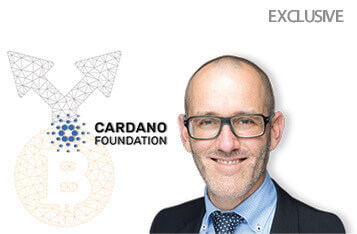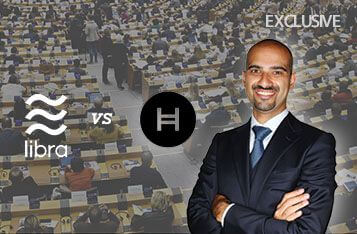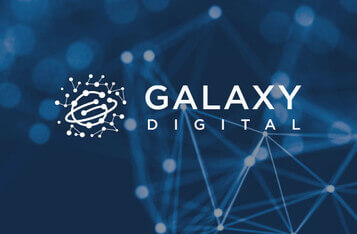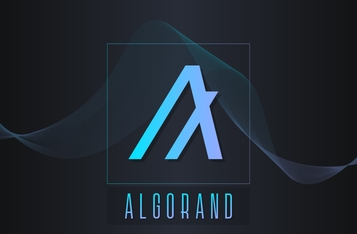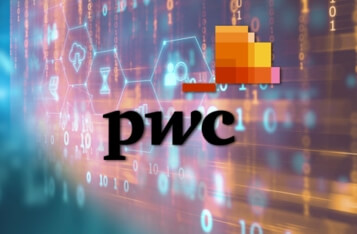Search Results for "blockchain governance"
Uniswap DEX Launches UNI Governance Token
Uniswap, the decentralized exchange platform, and the on-chain market maker has launched its own governance token called Uni.
Exclusive: Does Forking Mechanism Allow for a Better Blockchain Governance Model?
Nathan Kaiser, Chairperson of the Cardano Foundation and a long-time lawyer in the technology sector, shares his views on the crypto regulatory issues in different jurisdictions and blockchain governance. In particular, Nathan examines whether forking mechanism allows for a better blockchain governance and the reason why “blockchain governance = community governance”.
Chaintope Establishes Public Blockchain Protocol to Overcome Governance Challenges
Chaintope, a Japanese blockchain startup, has developed a public blockchain protocol known as Tapyrus to tackle some of the governance issues currently being witnessed in the blockchain space. For instance, some of the challenges noted in public blockchains include privacy concerns and sluggish transaction speeds.
Klaytn Adds Huobi to Growing Blockchain Governance Council
Klaytn has announced that Huobi has signed on as the latest member of its Governance Council for South Korean internet giant Kakao’s public blockchain project.
Uniswap Anticipates Voting Outcome on Second Governance Proposal of a 5 million UNI Airdrop
The Uniswap community is currently voting on its second governance proposal for distributing 5 million UNI governance tokens to the DEX's users.
Exclusive: Did Facebook Copy Hedera Hashgraph's Governance Model?
When Facebook released Libra’s whitepaper, Hedera Hashgraph allegedly “thanks” Facebook for imitating their governance model. What is the story behind?
Chinese City Eyes Blockchain Applications for Urban Governance and Smart Education
Chengdu, the capital of China’s Sichuan province, aims to develop blockchain applications to revolutionize cross-border trade, urban governance, and smart education by 2022.
VeBetterDAO Launches Endorsement Mechanism to Empower Decentralized Governance
VeBetterDAO introduces an innovative endorsement mechanism, enhancing decentralized governance by enabling Economic and X node holders to actively participate in platform decision-making.
Exploring the Rise of Futarchy in DAO Governance
Decentralized autonomous organizations (DAOs) are increasingly experimenting with Futarchy, a governance model leveraging prediction markets, to enhance decision-making processes.
Algorand (ALGO) Foundation Taps Ex-FinCEN, MoneyGram Execs for New US-Based Board
ALGO gains 3.5% as Algorand (ALGO) Foundation unveils heavyweight board featuring former Treasury officials and fintech veterans following Delaware relocation.
Cosmos Hub Votes to Reduce ATOM Inflation Rate to 10%
Cosmos Hub proposes reducing ATOM inflation rate from 14% to 10%, lowering annual staking yield from 19% to 13.4%, optimizing security expenses and introducing a liquid staking module.
PwC: Establishing Policies for Blockchain Governance
In a whitepaper published by professional services firm, PricewaterhouseCoopers (PwC), explored the challenges that current distributed ledger technologies (DLTs) face, as well as the strategies that the market is developing to deal with the limitations.

